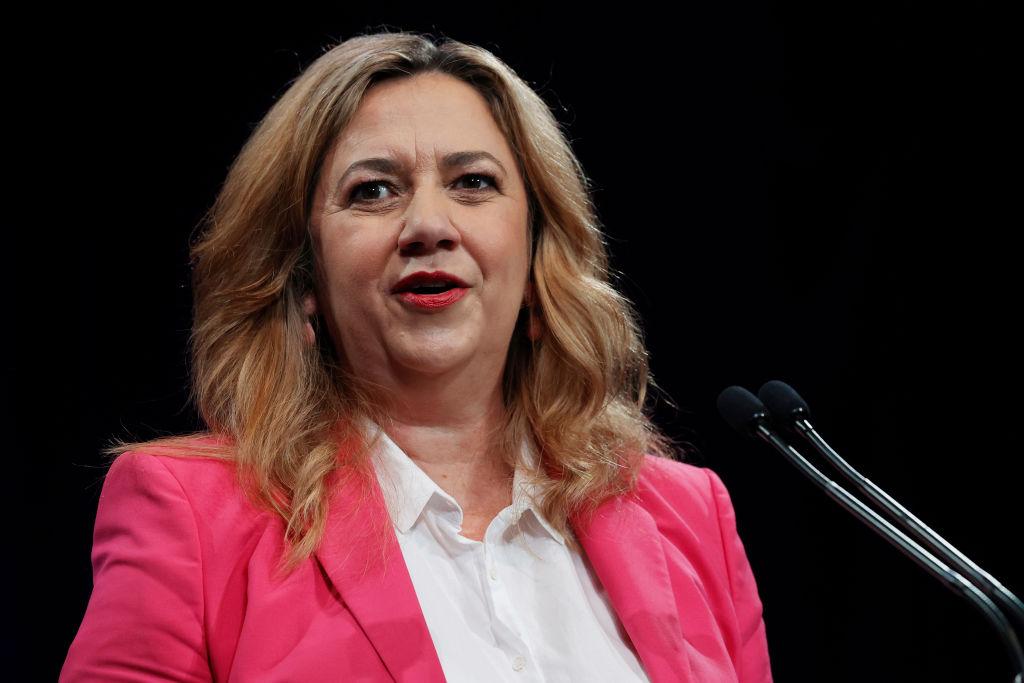Queensland state leader Annastacia Palaszczuk says she is willing to travel to the UK to try and retrieve artefacts belonging to the ancestors of local Indigenous communities.
The Labor premier’s comments come after the Queensland Parliament, on May 10, passed a new law—with bipartisan support—to set up a “Truth-telling inquiry” to investigate the “continuing impacts” of colonisation on its Indigenous communities.





